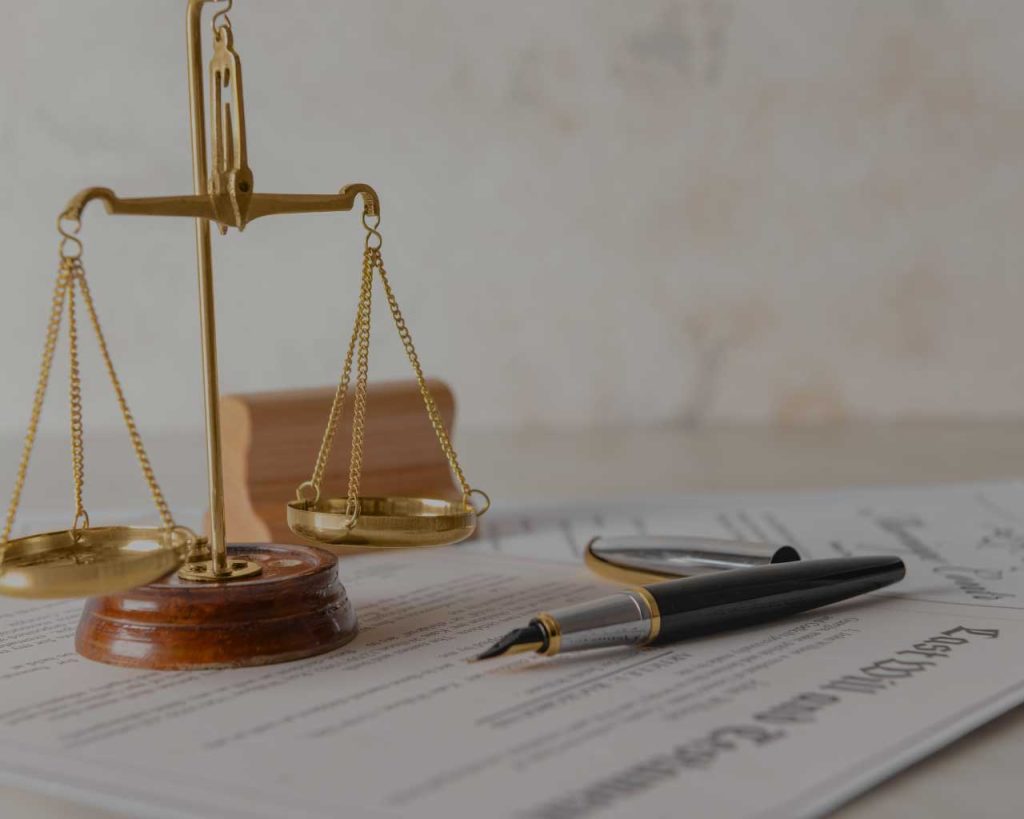The process of identifying and valuing assets in an estate is an important step in estate administration. When a person passes away, their assets need to be properly accounted for and assigned a value to ensure an accurate distribution to beneficiaries or heirs. An estate lawyer plays a crucial role in this process by providing legal guidance and assistance to the executor or administrator of the estate. First and foremost, the estate lawyer helps the executor or administrator understand their responsibilities and obligations in identifying and valuing assets. They explain the legal requirements and provide guidance on the steps involved. This includes reviewing the will, if available, and understanding the deceased person’s intentions regarding their assets. The estate lawyer advises the executor or administrator on the necessary documents and information needed to identify all the assets in the estate. This typically involves gathering financial records, property titles, investment statements, bank statements, and other relevant documents. The lawyer may also assist in accessing safe deposit boxes or retrieving digital assets such as online banking or Cryptocurrency accounts.

Once all the assets have been identified, the estate lawyer helps in valuing them. This may involve engaging professional appraisers, accountants, or other experts, depending on the nature of the assets. Real estate appraisers, for example, may be needed to determine the fair market value of properties. Accountants may be consulted to evaluate investment portfolios, business interests, or other complex financial assets. The estate lawyer works closely with these professionals, providing them with the necessary information and coordinating their efforts. They ensure that all assets are properly valued according to the applicable laws and regulations. Valuation is crucial as it determines the overall worth of the estate and impacts various aspects such as estate taxes and the distribution of assets. Furthermore, the estate lawyer assists in addressing any challenges or disputes that may arise during the asset identification and valuation process. They help resolve conflicts related to the ownership or value of certain assets, ensuring that the interests of the beneficiaries or heirs are protected.
Throughout the entire process, the estate lawyer also ensures compliance with legal requirements and deadlines. They help prepare and file the necessary documents with the probate court or relevant authorities, keeping the executor or wills and estate lawyers brisbane administrator informed of the legal procedures and potential legal issues. In summary, the process of identifying and valuing assets in an estate is a complex undertaking, and an estate lawyer plays a crucial role in facilitating and guiding this process. They provide legal expertise, assist in gathering information, engage experts for valuation purposes, and help resolve disputes. By working closely with the executor or administrator, an estate lawyer ensures that the estate administration is conducted in accordance with the law and the wishes of the deceased person.

